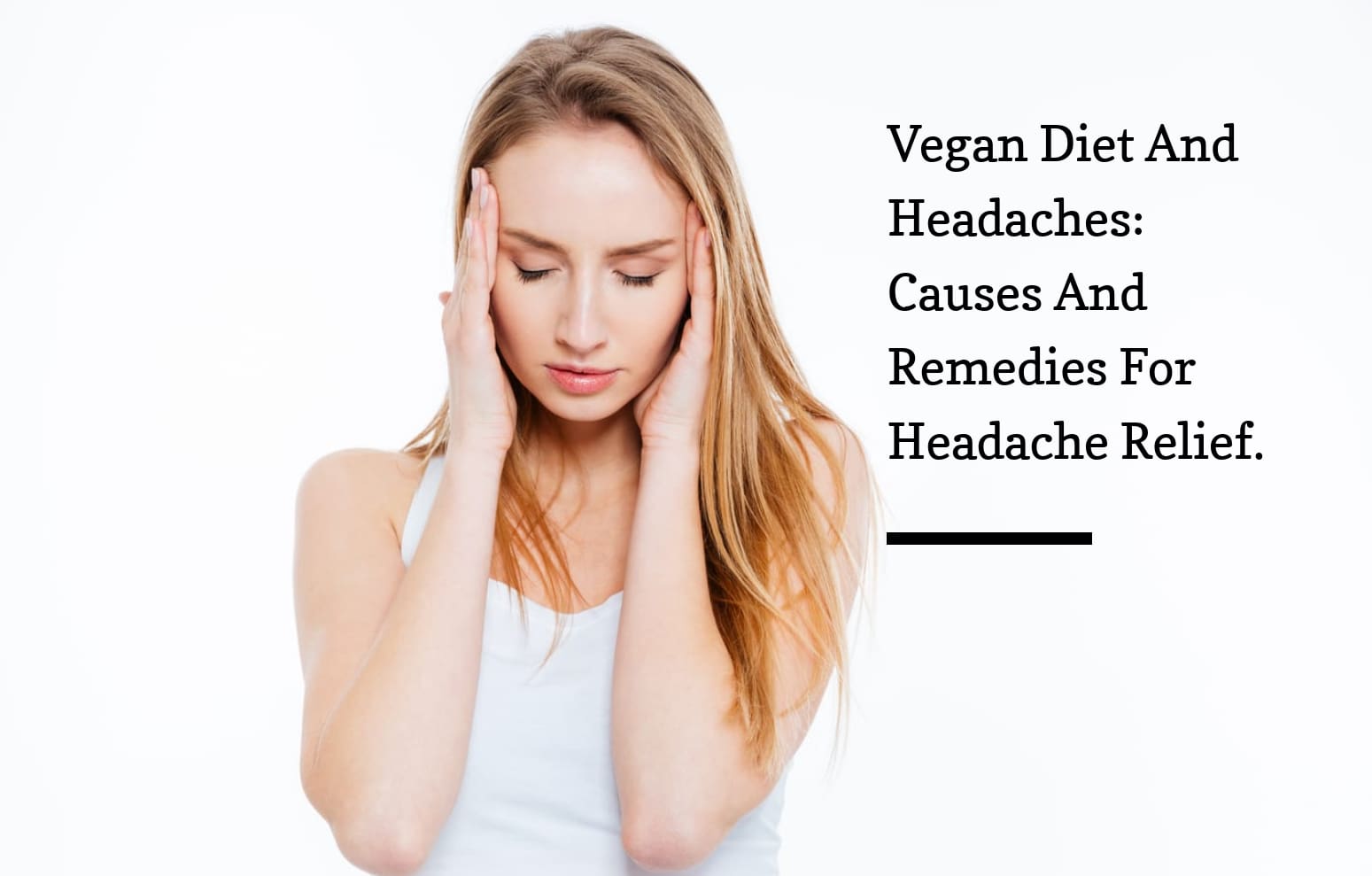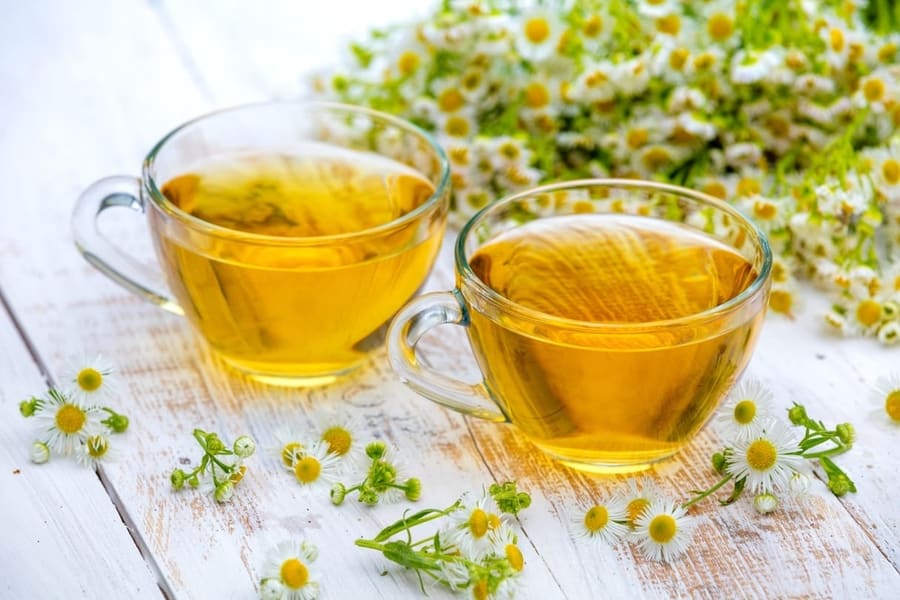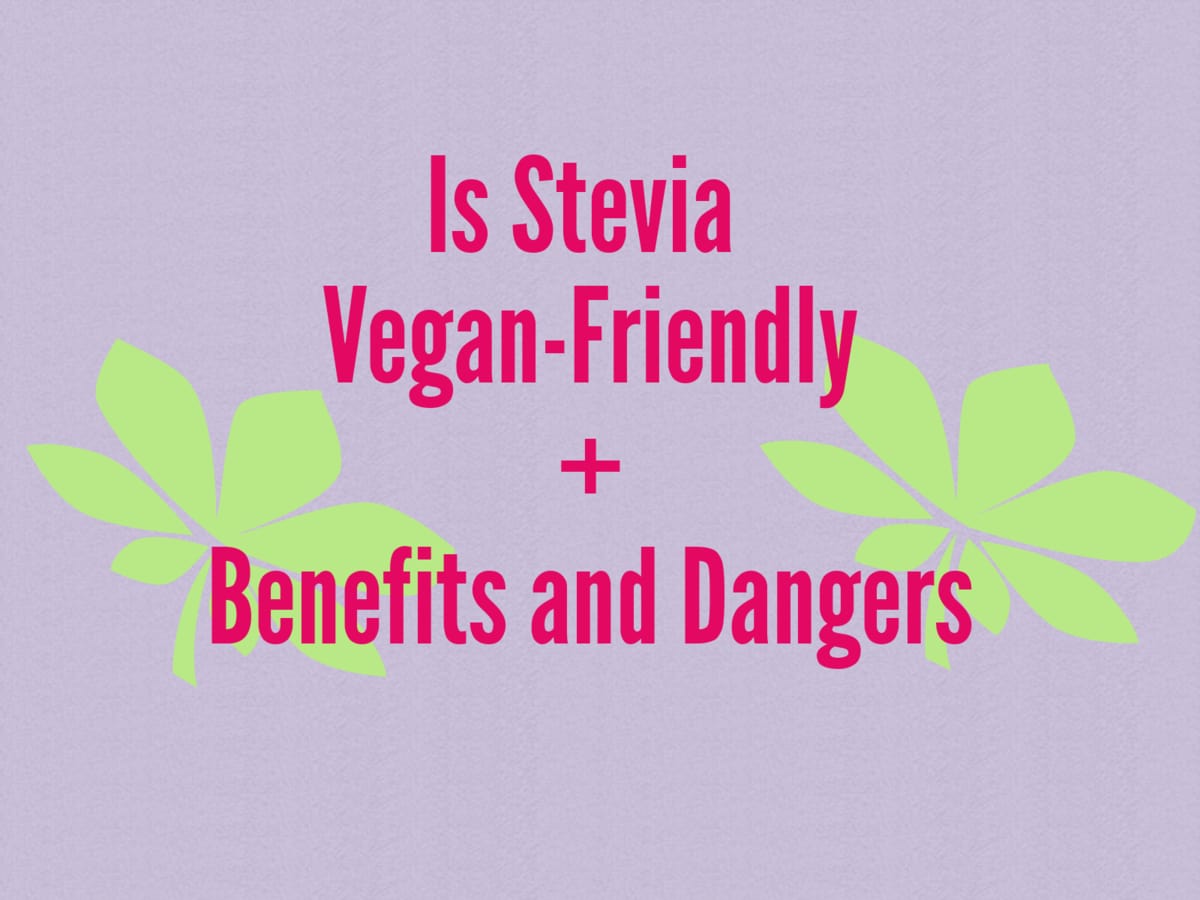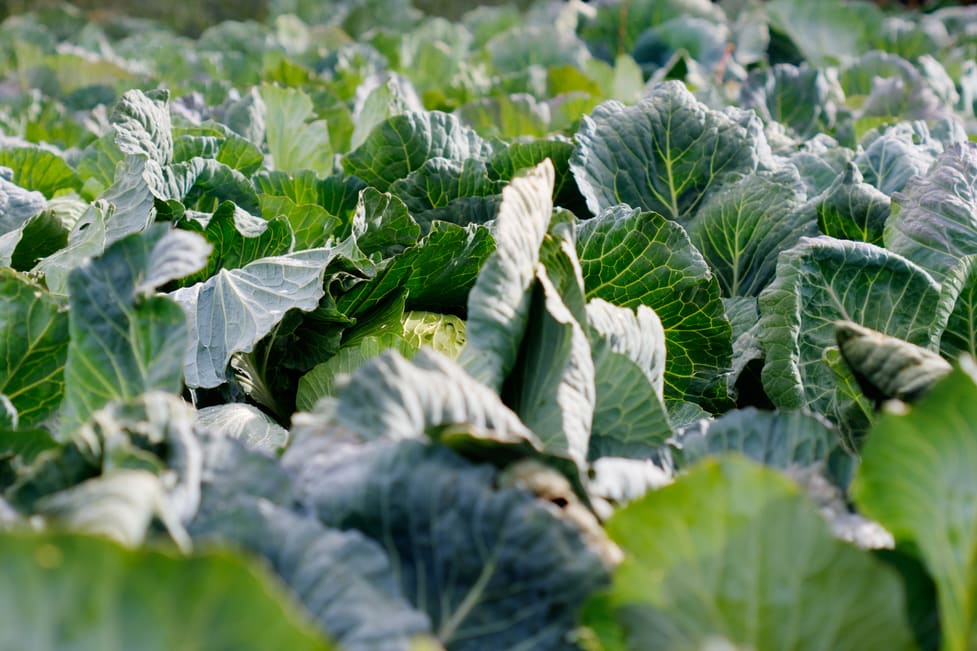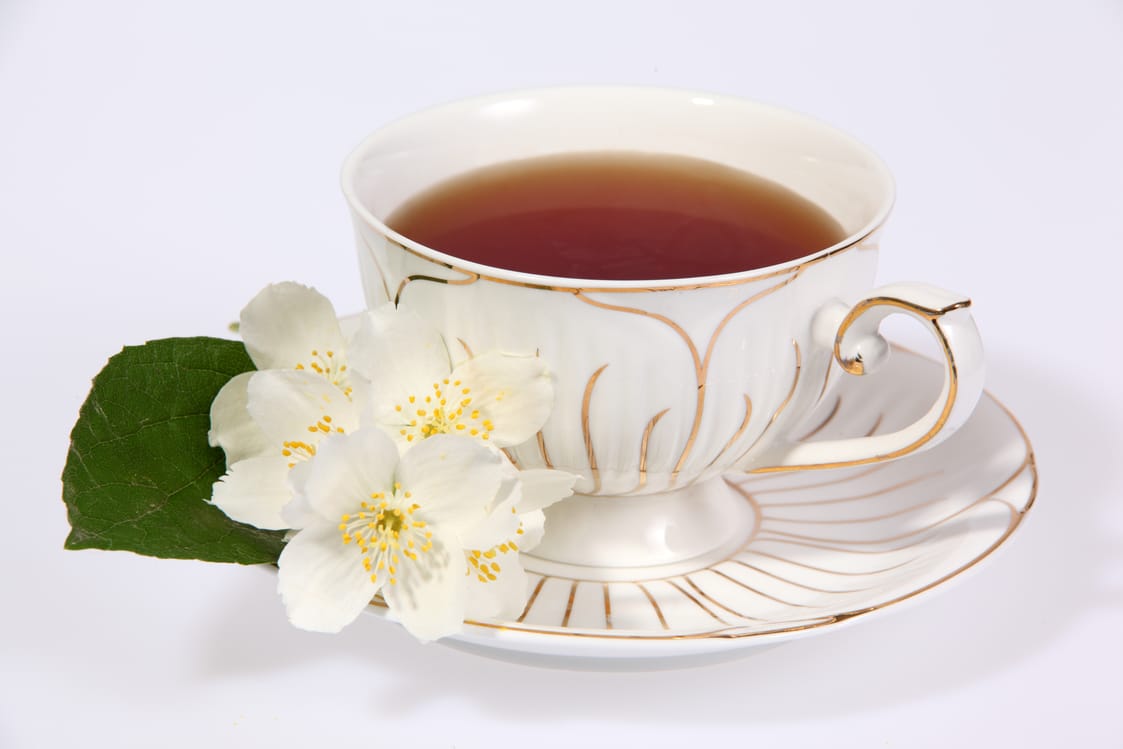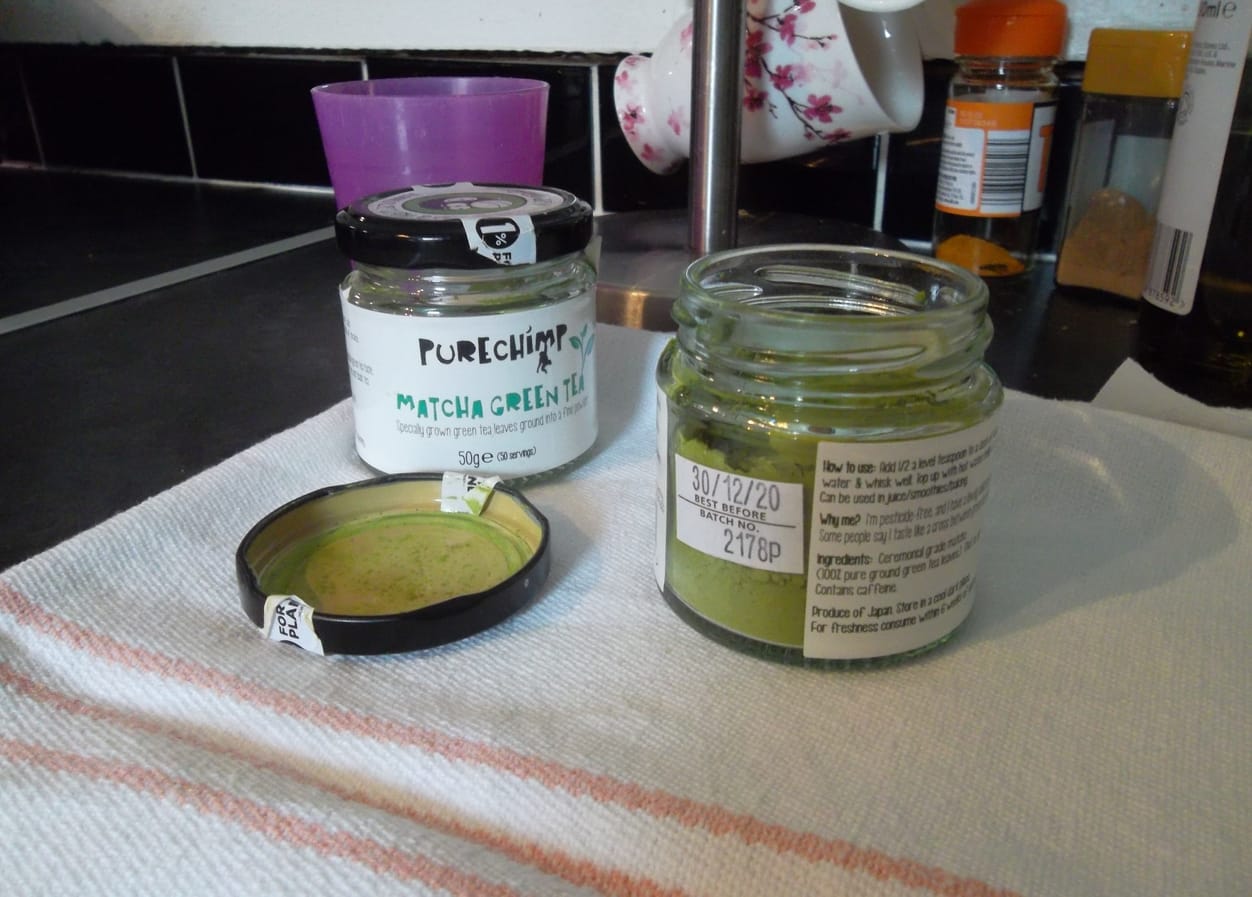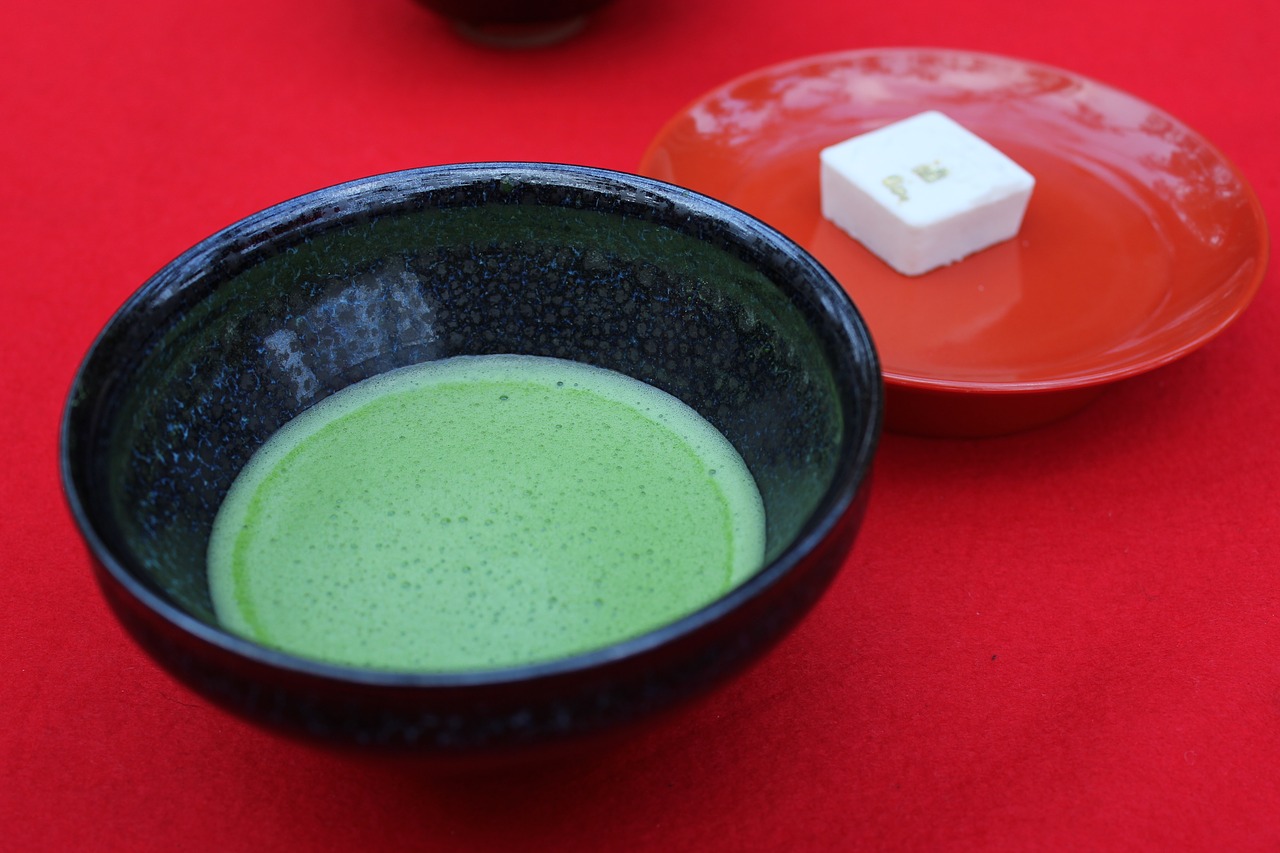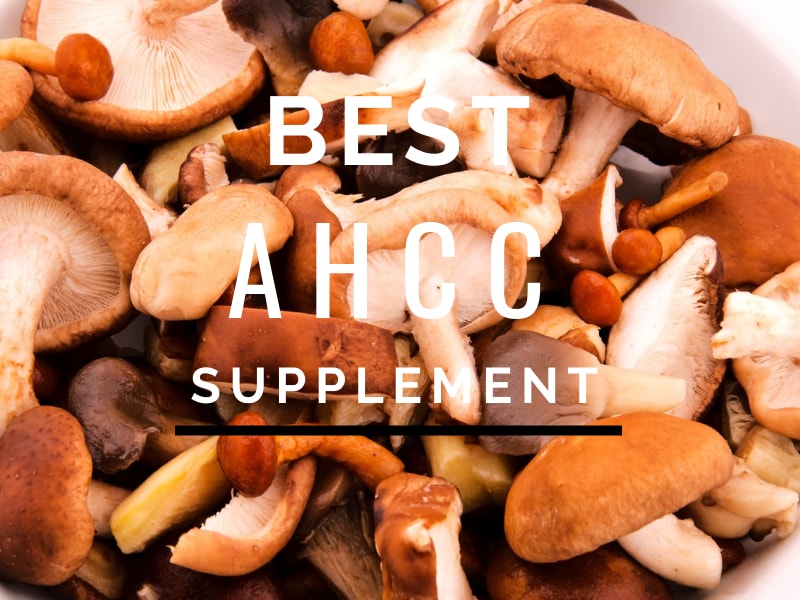Disclosure: This article may contain affiliate links. If you decide to make a purchase, I may make a small commission at no extra cost to you.
Seasonal allergies are on the increase with millions of people now suffering from them. It never used to be this bad, something happened over the last few decades that caused a significant rise in the number of people suffering from allergies such as hay fever. Research has linked the western diet and its influence on the microbiota as a significant factor. So then, will going vegan help eliminate these allergies?
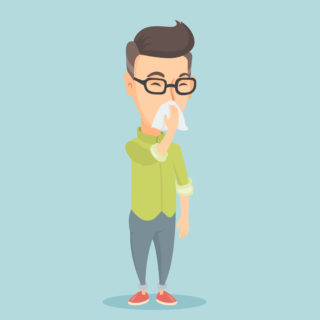
In this article I will cover the following:
- How I managed to eliminate my allergies by changing my diet.
- How a vegan diet could help improve allergy symptoms.
- Foods that could worsen allergy symptoms.
- Supplements which are proven to help with allergies.
How I eliminated my allergies by changing my diet
I was one of the millions of hay fever sufferers until I changed my diet. Spring would roll around and then the sneezing, itchy eyes and painful throat would start. Taking medications helped, but not completely.
My allergies were so bad it was almost unbearable to stay outside at certain times, so I missed out on a lot of fun. Some years it was worse than others, and if I was lucky, I’d have a good year; but they were few and far between.
No one ever told me that my diet could have something to do with my hay fever. I wouldn’t say that my diet was typical because I rarely ate meat, breakfast and dinner was often cereal, and of course, I’d join in with regular family meals and have what they were having.
But god did I love biscuits, chocolate, and sweets. I was a sugar junky! But you probably couldn’t tell, since I burned off all those calories playing sports.
So as I was saying, in 2005, I started to reduce my calorie intake significantly, removed all the processed foods out of my diet, ate nothing but healthy foods like fruits, vegetables, nuts, whole grains, yogurts, and fish. I wasn’t vegan at this point, but my diet had improved a lot.
Within months I had noticed that my allergies started to diminish significantly. No longer did I have to resort to taking any medications and it also didn’t affect my day too badly unless there was also a lot of pollution.
My tolerance for pollen just became a lot better, and I was only really affected by it when pollen counts were so high that even people who didn’t normally experience hay fever also started to get symptoms.
So, while my allergies didn’t completely go away, they were 90% better and I could function normally for the first time in 10 years during the spring and summer. I suffered from symptoms perhaps only just a few days of the year instead of all throughout the season. A huge improvement!
Now fast forward to about 2012 when I became vegan. It was at this point that my allergies were completely cured.
Is it possible that the exclusion of certain foods, primarily dairy, was responsible for helping me eliminate it? Possibly.
Let’s look at some of the evidence to see if there is a link between diet, allergies, and why some vegans may see an improvement after being on the diet for a few months.
How a vegan diet can help improve allergies

There are several reasons why transitioning from a western diet to a diet that emphasizes plant-based foods can help improve allergy symptoms and may even cure allergies in some cases.
#1. Reduced calorie intake and body weight
Calorie restriction and weight loss have been shown in both animals and humans to help regulate inflammation in the body and reduce the hyperresponsiveness of the immune system to allergens [1, 2].
It’s quite normal for a vegan to spontaneously reduce calorie intake after going on the diet and also lose a significant amount of body weight. This is one of the potential reasons why vegan may notice an improvement in their symptoms.
Losing weight can help alter the microbiota and reduce immune cells linked with the allergic response and reduce proinflammatory cytokines.
#2. Animal products increase hay fever and asthma symptoms
Studies have linked a higher intake of animal products such as meats, poultry, and seafood with the development of hay fever and asthma.
There is a strong connection between the two, with around 70-80% of people with asthma also being hay fever sufferers since childhood [3]. The increased risk of allergies and asthma may be in part to do with the increase in BMI for those people who eat more meat.
In a study from 1985, researchers showed that adherence to a vegan diet for one year was able to improve bronchial asthma symptoms by 92% [4].
Some people may react negatively to beta-lactoglobulin and see an improvement after cow’s milk is removed from the diet.
#3. Eating more fermentable fiber
A vegan diet that is rich in fermentable fiber may alter the immune response and reduce the severity of inflammation in people who suffer from allergies.
A study published in Nature showed that when mice were fed fiber, they saw an increase in circulating short-chain fatty acids and this helped protect against allergic inflammation [5].
Types of foods which include fermentable fiber include:
- Cereal and grains – Oats, barley, quinoa, rice.
- Legumes – Navy beans, lentils, kidney beans.
- Fruits and vegetables – Spinach, squash, celery, avocado, kiwi, pears.
- Root vegetables – Artichoke, sweet potatoes, beets.
- Guar gum – Additive in supplements and food products.
- Xanthan gum – Additive in supplements and food products.
Some people with irritable bowel syndrome may want to include foods high in fermentable fibers more slowly in case they worsen symptoms. Check out my article on how to deal with digestive problems on a vegan diet.
#4. Increased polyphenols and other immunomodulating compounds
Fruits and vegetables are rich in a wide variety of polyphenols which are able to suppress histamine and alter the immune response to allergens.
In one study, 10 mg/kg of apple polyphenols given to patients for 8 weeks was able to reduce symptoms of atopic dermatitis and resulted in an improved quality of life [6].
Apple polyphenols have also been shown to be helpful in reducing symptoms of cedar pollinosis (pollen from trees) [7], and allergic rhinitis in a randomized, double-blind, placebo-controlled study [8].
Quercetin, a flavonoid found in many different fruits and vegetables has also been linked with a reduction in allergy symptoms. Quercetin help suppresses histamine release, proinflammatory cytokines such as IL-4, IL-6, IL-8, and improve Th1/Th2 balance.
Some studies show that quercetin is more effective than some common allergy medications for reducing proinflammatory cytokines which worsen allergic reactions [9, 10].
A plant-based, vegan diet contains a large variety of compounds aside from the ones mentioned here that may work synergistically to dampen the immune response.
Read how quercetin can help with allergies.
Vegan supplements can help eliminate allergy symptoms
If you’re still experiencing allergy symptoms after you’ve been a vegan for at least a year, you could start thinking about adding some supplements to your diet.
The following supplements have been shown to be helpful for allergies:
#1. Pycnogenol
Pycnogenol is a bioflavonoid which possesses potent anti-inflammatory effects. In 2001, a pilot study found that it was able to significantly improve the symptoms of asthma.
Another study looked at the effect of Pycnogenol on allergic rhinitis and found that patients who took Pycnogenol had a 35% reduction in nasal symptoms compared with 25.5% for the placebo group.
Patients who took the supplement up to 8 weeks prior to allergy season had the best results.
Read about the benefits of pycnogenol.
#2. Zinc
Zinc is crucial for proper immune function and a deficiency of this mineral has been linked with chronic inflammatory conditions including allergies.
In one study involving 134 children, those who presented with food allergies had significantly lower zinc levels.
Vegans are at high risk of a zinc deficiency, so if your symptoms have not improved, try taking a zinc supplement.
Symptoms of zinc deficiency include acne, frequent infections, rough and painful skin, hair loss and more.
#3. Vitamin D
Vitamin D is important in helping regulate the immune system and maintain proper Th1/Th2 balance.
Vitamin D deficiency is fairly common, but some studies show that vegans may be at an increased risk of deficiency.
Some studies show that a deficiency in this vitamin may cause an increased risk of asham and allergic diseases.
List of vegan vitamin D supplements
#4. Green tea
Green tea is a great source of EGCG which has been shown to improve symptoms of allergic rhinitis.
In a randomized study published in 2009, researchers showed that subjects who green tea helped improve symptoms such as throat pain, nose-blowing, and tears if they drank green tea 1.5 months prior to pollen season.
Adding ginger to green tea can help suppress cytokine production more strongly in response to allergens [11].
Green tea is a great beverage to include in your vegan diet. It contains a low amount of caffeine and is packed full of antioxidants.
See which green brands have the highest EGCG.
#5. Rosmarinic acid
Rosmarinic acid is found in many different plants such as spearmint, basil, sage, and others.
One study found that it may be beneficial in humans who suffer from rhinoconjunctivitis by inhibiting the number of neutrophils and eosinophils in the nose.
Therefore, the addition of foods or supplements that contain this compound could be considered as a viable treatment for allergic rhinitis in adults [12].
Conclusion
Allergies are on the rise, but research suggests that there is a lot you can do to improve your symptoms.
There is some evidence to suggest that the exclusion of certain food products, such as meat and dairy, can be beneficial in those who are suffering from allergies. One study showed that people who adopted a vegan diet for one year were able to significantly improve their asthma symptoms.
A healthy diet that has an abundance of fruits, vegetables, nuts, and seeds also provides various polyphenols, fermentable fibers, omega 3 fatty acids, may be in part responsible for helping dampen the response to allergens.
And finally, it’s also possible that the reduction in caloric intake and weight loss as a result of going vegan may have had a beneficial impact on allergies in some vegans.

